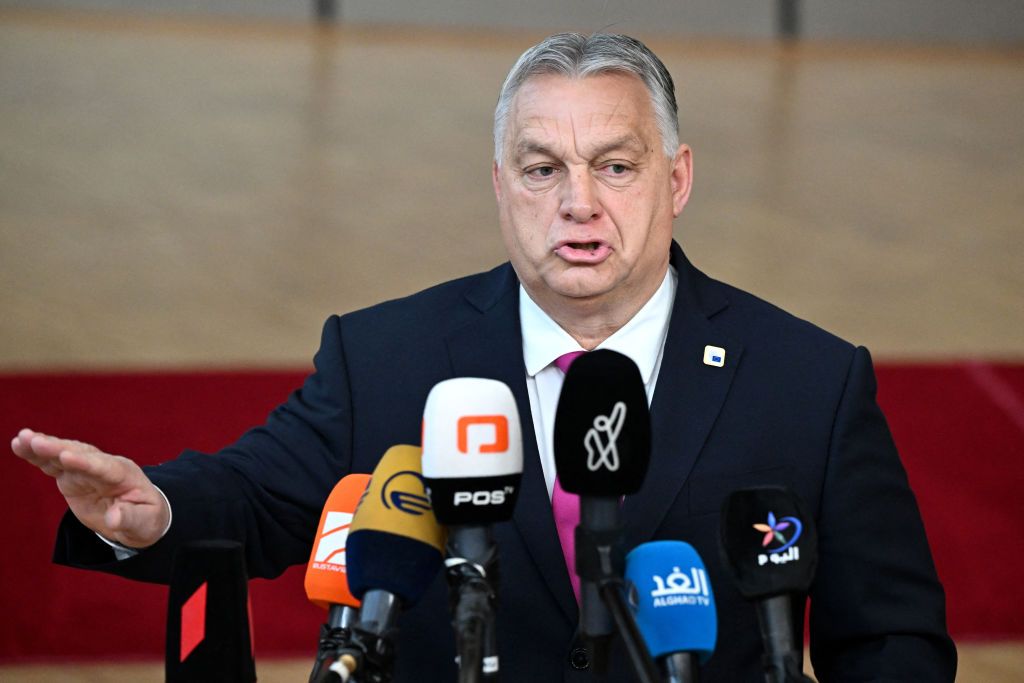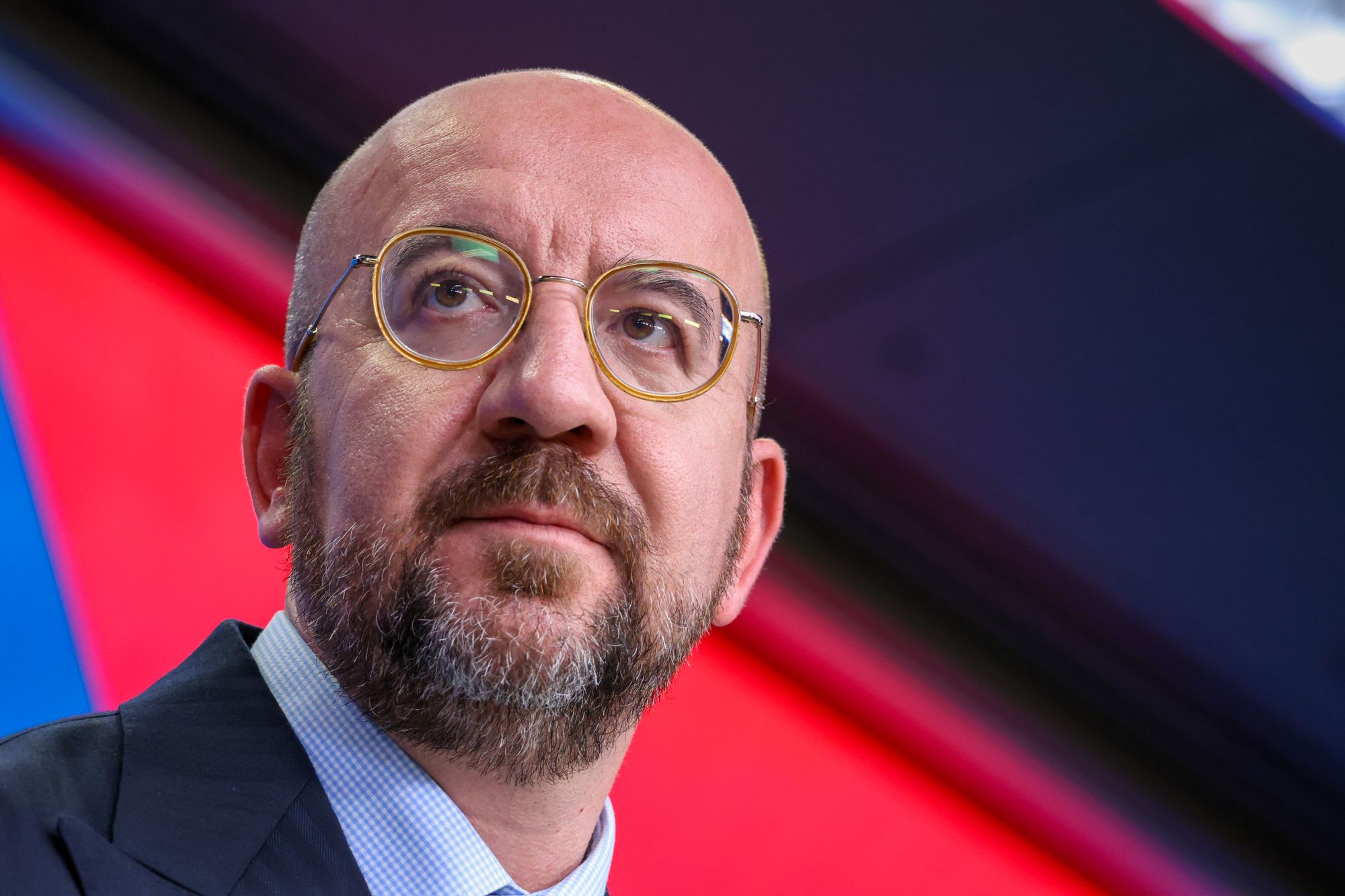Von der Leyen: EU to find 'operational solution' for Ukraine funding by next Council meeting

As Hungary opposed the EU's multi-annual financial framework that included 50 billion euros ($55 billion) for Ukraine, the European Commission will ensure an "operational solution" to the issue by the next meeting, Commission President Ursula von der Leyen said during a press briefing on Dec. 15.
Hungarian Prime Minister Viktor Orban announced earlier that he vetoed the funding for Ukraine, even though his abstention from a previous vote allowed an agreement on accession talks with Kyiv.
"We will use – as the Commission – the time until then to ensure that whatever happens at this next EUCO (European Council meeting), we will have an operational solution," von der Leyen pledged during the two-day summit in Brussels.
Von der Leyen commended the Council's decision on the accession talks with Ukraine as a "big investment in democracy that stands tall and united."
The agreement on the accession talks with Kyiv was reached even though Hungarian Prime Minister Viktor Orban labeled it a "bad decision."
An EU source told the Kyiv Independent that "PM Orban was momentarily absent from the room in a pre-agreed and constructive manner."
Speaking on the multi-annual financial framework, von der Leyen noted that the EU has "now come to the limits of our budget" to address "unexpected crises" such as the invasion of Ukraine, which is why the Commission recommended reinforcement of the budget in June.
European Council President Charles Michel said that 26 EU members supported the multi-annual financial framework, including $55 billion for Ukraine, but could not make a binding decision without the support of the 27th member.
The European Council would convene for a special meeting early next year, likely in late January or early February, to discuss the issue further.
"I am extremely confident and optimistic that we will be in a position to fulfill our promises to support Ukraine," Michel said.
Von der Leyen also commented on the 10.2 billion in EU Cohesion funds ($11 billion) unblocked for Hungary shortly ahead of the summit, stressing that any investment is tied to reforms the receiving country must undertake.
Answering a question on alternative solutions if Hungary does not agree with the proposals by the next summit, von der Leyen said that the bloc works hard to achieve unanimity.
"But... it is also necessary to work on potential alternatives to have an operation solution... if unanimity is not possible," von der Leyen added.
EU leaders said earlier that the bloc is considering possible workarounds if Hungary continues to block further support for Ukraine.
"The debate we had yesterday was an occasion to better understand what could be some tools or arguments we will use in the weeks to come to prepare the next European Council meeting," Michel told the Kyiv Independent correspondent on how the bloc plans to secure the support of Budapest.
According to von der Leyen, the EU plans to release the last 1.5 billion euros ($1.6 billion) for Ukraine agreed on previously in the coming days, which would help Kyiv finance its needs in early 2024.
The bloc would then focus on getting Hungary on board with the long-term financing or explore alternative solutions, she added.















